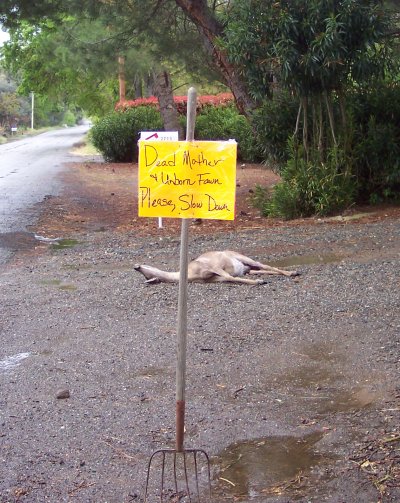What is the purpose of the yearly ceremony and prayer at Bloody Island, why remember 100 to 150 innocent Pomo men, women, children and infants who died there on May 15, 1850 at the hand of dragoons under Captain Lyon and of a militia?
The world has known, and continues to perpetuate, countless atrocities.
The pages of history are soaked with blood. Why focus on what could, in the light of such global and massive barbarism, appear almost irrelevant in scope and in the perspective of time?
No human life is ever irrelevant.
All victims are first dehumanized. In the case of California Indians, they were widely described to stand, on the ladder of evolution, scarcely above animals, so they could be murdered, raped, enslaved, dispossessed, wiped out without disturbing the conscience of those who perpetuated these crimes, the nation that condoned it, the identity of the religion that was said to lead and inspire this nation, and the idea of civilization itself.
For the dominant culture to remember the Native people who were butchered on Bloody Island is to honor their humanity. This is a process that is absolutely necessary in spiritual as well as human terms, even though contemporary members of the dominant culture did not commit these crimes.
Lucy Moore was a survivor of the Bloody Island massacre, we know her Native name, Ni’ka, it is important. How many of those who were buried in a mass grave are remembered today? How many still have a name? How sad that the name of a child, of a mother would vanish from the earth for all times.
The dominant culture still benefits from the outcome of these crimes, which are stolen lands and resources; the very wealth and power of this nation originated from the gold extracted from Indian lands at a price that was no less than attempted genocide.
This nation claims to be a moral leader. It claims to have been divinely inspired to settle this continent and to ultimately lead the world as a beacon of human rights and freedom. It assumes these positions at the cost of the denial or distortion of its own history, still refusing to acknowledge that its basement is flooded with the blood and the tears of the Native victims whose only fault was to be living in their own country, and therefore stand in the way of invasion.
The rationalization of such historical crimes, the denial of the fact that invasion is morally indefensible in all circumstances and at all times, the still prevalent belief that the march of what is called progress somehow validates cultural and even physical genocides, which are then said to be regrettable but unavoidable, has allowed the world to stand in approval or to bow in cowardly submission in the face of the destruction of many indigenous cultures and people.
By refusing to acknowledge and learn from the past, the world is ensuring that it will keep repeating the same mistakes. The point of acknowledging a disease is not guilt but healing. When pathology is rationalized, when a flag, a nation, a government, a religion, a civilization or any cause, concept or ideology are presented as institutions, achievements or goals worthy of any means of implementation or preservation, human beings are tortured, enslaved, raped, humiliated, exploited, killed in the name of the highest aspirations and ideals, and the world itself sinks in ever deeper despair and hopelessness, for freedom becomes tyranny, war is said to be the greatest tool for peace, hate and prejudice replace love, compassion and forgiveness, inequity is confused with justice, and the only distinction between punishable crimes and those that are not is in the position and power of the person, institution or nation that commits these crimes.
Raphael Montoliu lives in Lakeport.
{mos_sb_discuss:4}




 How to resolve AdBlock issue?
How to resolve AdBlock issue? 




